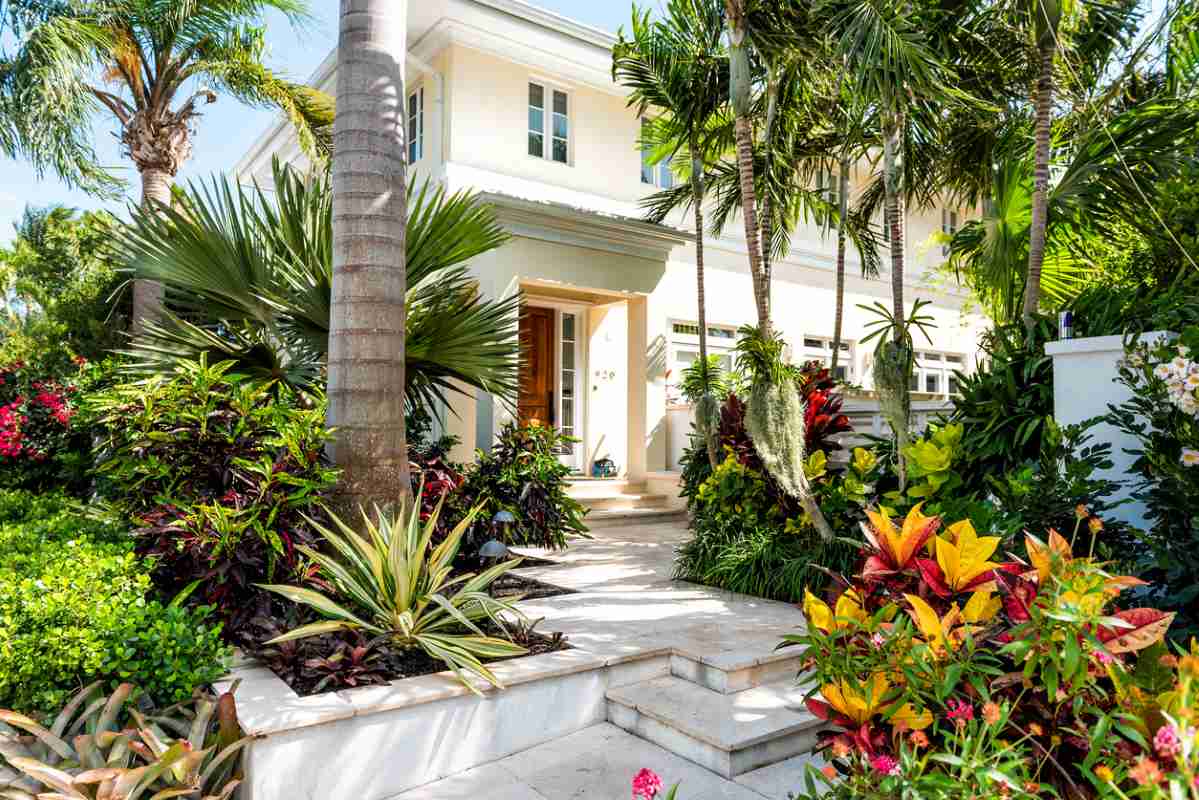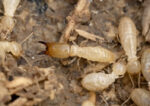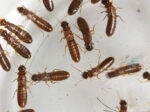
Landscaping and Rodent Control: Protecting Your South Florida Garden
Your South Florida garden can be a paradise for you, but it can also be an oasis for rodents if not properly maintained. While lush, tropical landscaping enhances the beauty of your property, certain plants and features may attract pests like rats and mice. Understanding how your landscaping choices impact rodent activity is key to preventing infestation of mice and safeguarding your home. In this blog, we’ll explore how South Florida landscaping can both attract and repel rodents, and what you can do to protect your property.
How Florida Gardens Can Attract Rodents
The warm climate and diverse vegetation in South Florida make it an ideal environment for rodents, particularly roof rats (also known as fruit rats) and Norway rats. Certain landscaping practices, especially those involving fruit-bearing trees and dense foliage, can unintentionally invite these pests into your yard.
Common Landscaping Practices That Attract Pests
- Fruit trees: Trees that produce fruit, like mangoes or avocados, are a prime source of food for roof rats. These rodents are often called fruit rats for their tendency to forage on fallen or low-hanging fruit, citrus, and nuts.
- Overgrown landscaping: Unkempt gardens with tall grass, overgrown shrubs, and dense palms, like clustering fishtail palms or areca palms, provide rodents with ample shelter to build nests and hide from predators.
- Fountains and bird baths: Water features like fountains or bird baths, while aesthetically pleasing, can serve as a water source for rodents, especially during dry seasons.
- Bird feeders and squirrel feeders: While many homeowners enjoy feeding birds or squirrels, these feeders can easily attract rodents that are in search of easy meals.
- Compost piles and unsecured trash: Compost piles and improperly stored trash are food goldmines for rodents, offering them everything they need to survive in your yard.
Rat Species in Florida and Their Preferred Habitats
Florida is home to several rodent species, with roof rats, Norway rats, and house mice being the most common. Roof rats prefer high places like trees, attics, and rooflines, making properties with tall trees and thick foliage more prone to infestations. Norway rats, on the other hand, are burrowers that thrive in low-lying areas like sewers and crawlspaces. Understanding the types of rodents present in your area can help you tailor your landscaping and rodent-proofing efforts.
South Florida Landscaping Practices to Repel Rodents
By making smart landscaping choices, you can significantly reduce the chances of attracting rodents to your property. A well-maintained yard not only looks beautiful but also creates an environment that is less hospitable to pests.
Landscaping Best Practices That Repel Pests
- Rodent-resistant plants: Consider planting species that rodents dislike, such as mint, lavender, or marigolds. These plants are known to naturally repel pests due to their strong scents.
- Regular tree and shrub maintenance: Trim trees and shrubs regularly, especially those with branches that overhang or touch your roof. Roof rats use these branches to access your attic or roofline.
- Mulch and ground cover: Keep mulch and ground cover layers thin to discourage rodents from burrowing or nesting. Avoid over-mulching that could attract rodents seeking shelter or food.
- Elevated garden beds: If you have fruit or vegetable gardens, consider raising them off the ground to prevent rodents from easily accessing your plants. Elevated beds also allow you to spot potential rodent activity more easily.
By following these landscaping best practices, you can help make your South Florida garden less appealing to rodents while still maintaining its tropical charm.
Need Expert Rodent Control? Just Call Hulett!
Even with thoughtful landscaping practices, South Florida’s high rodent pressure means professional rodent control may still be necessary. Whether you live in Boca Raton, West Palm Beach, Delray Beach, Port St. Lucie, Vero Beach, or the surrounding cities, rodent infestations are a persistent threat due to the region’s climate and abundant natural resources. Dense foliage, fruit trees, and water features can all increase the likelihood of rodents invading your home.
At Hulett Environmental Services, we specialize in residential rodent control that addresses both the exterior and interior of your home. Don’t let rodents take over your luxury South Florida home. Protect your property by calling the Hulett Pest Control experts for a free inspection and customized pest management plan today! To learn more about rat and mouse defense, Just Call Hulett!



